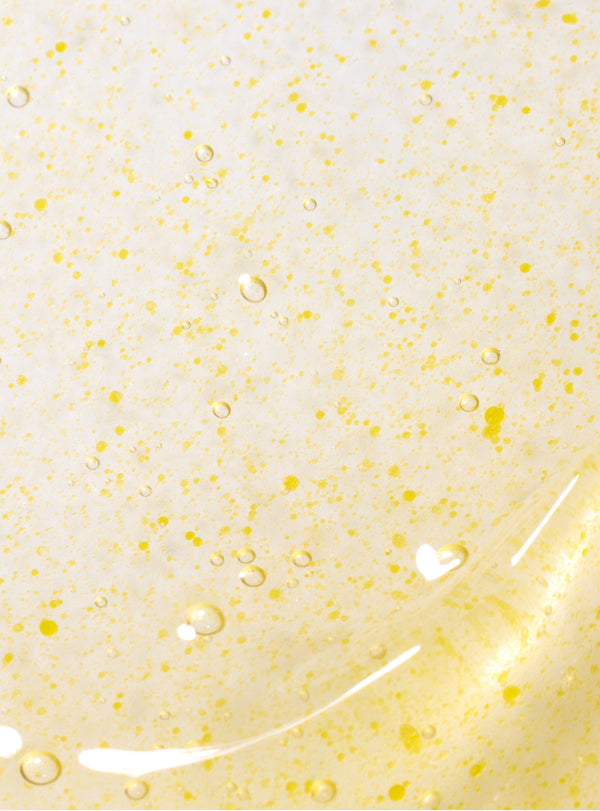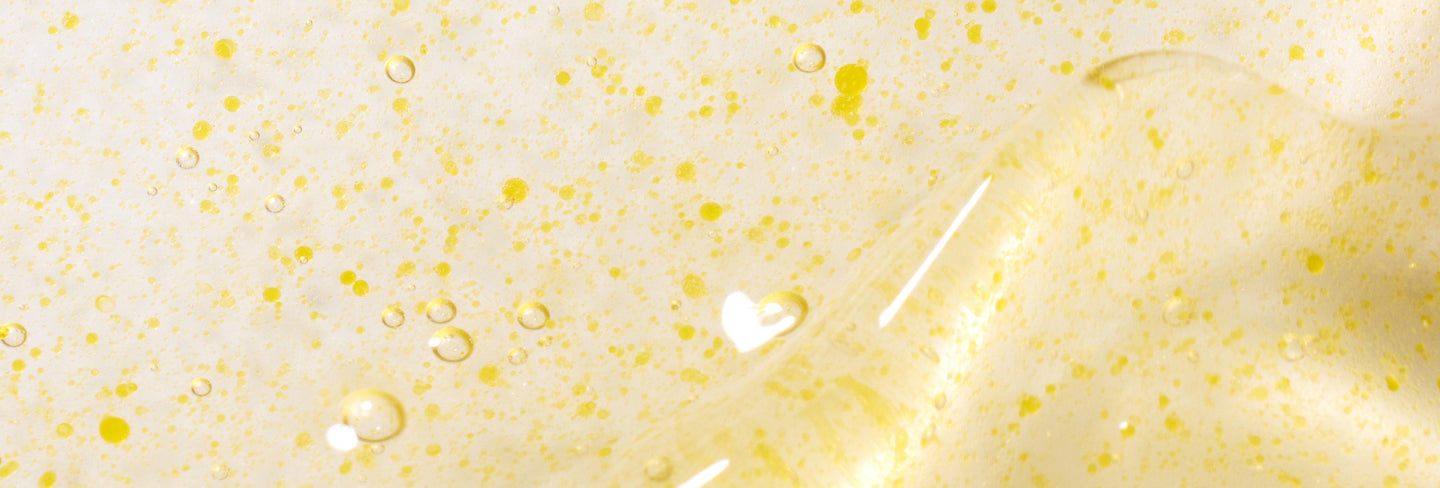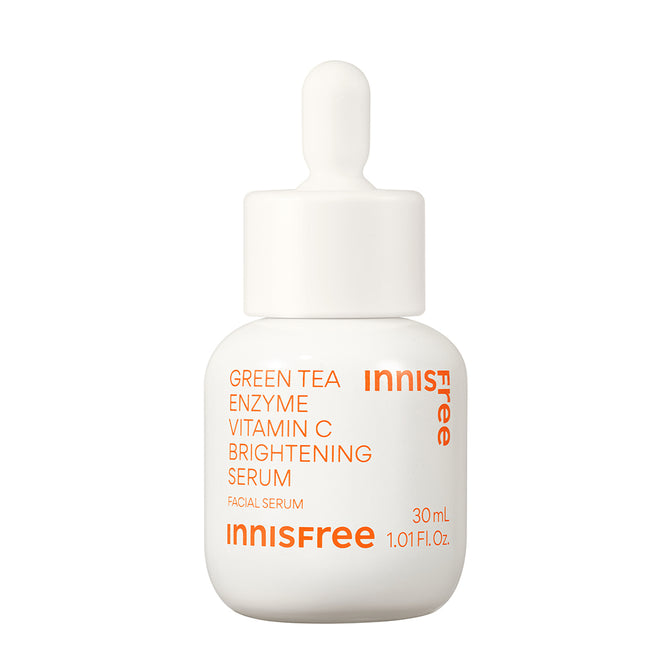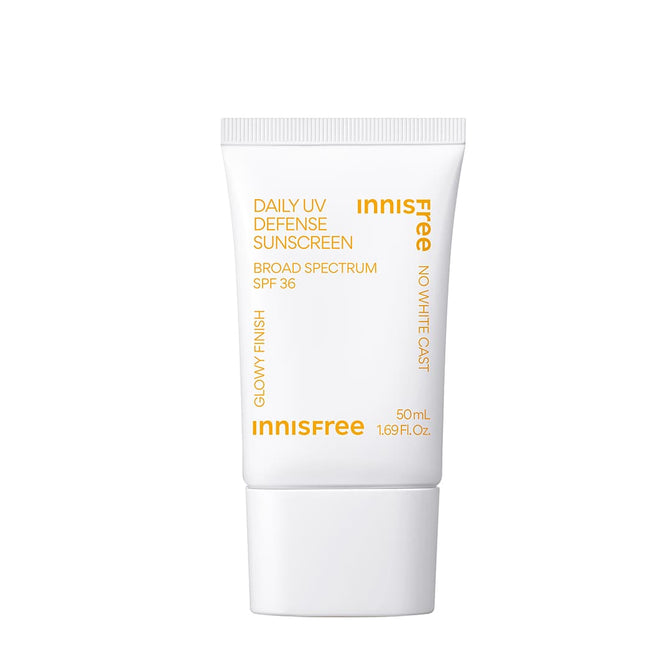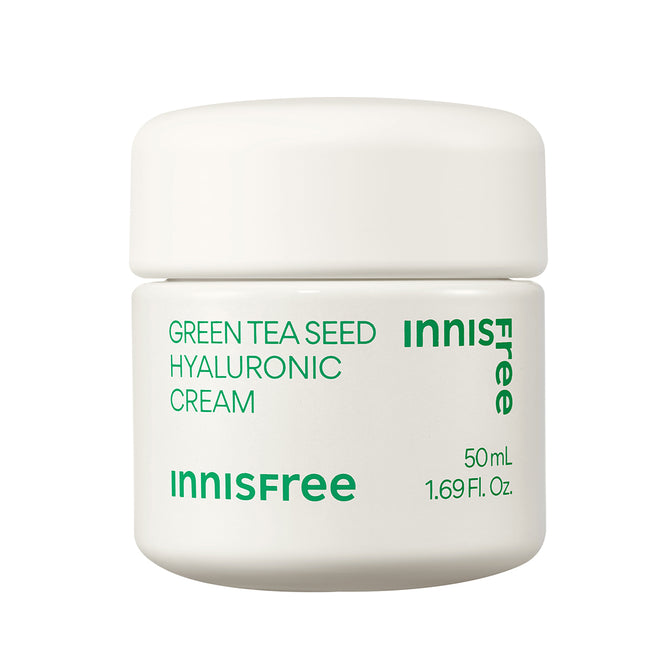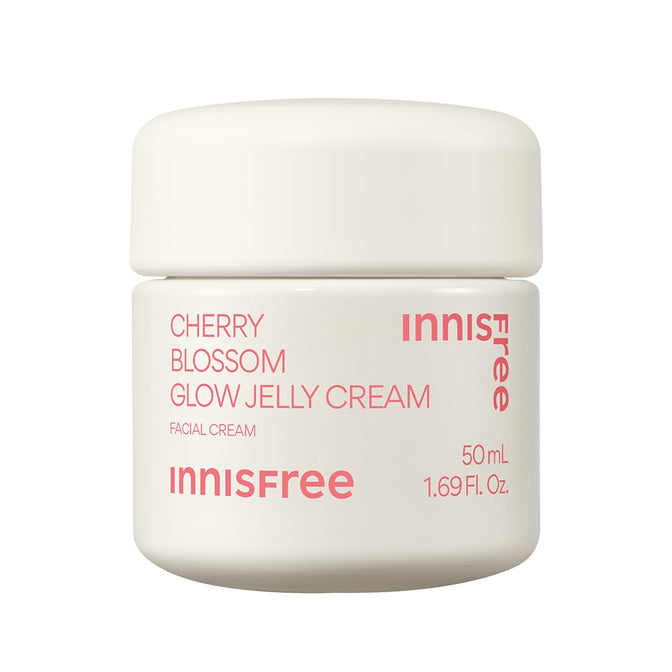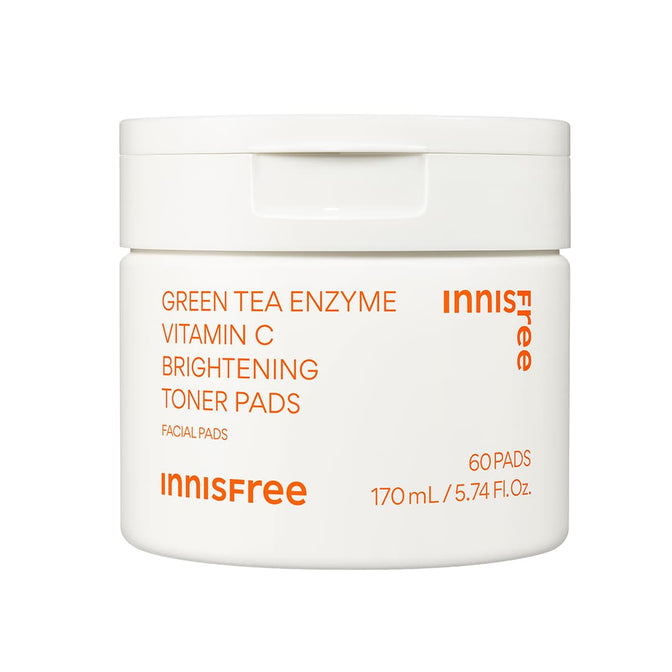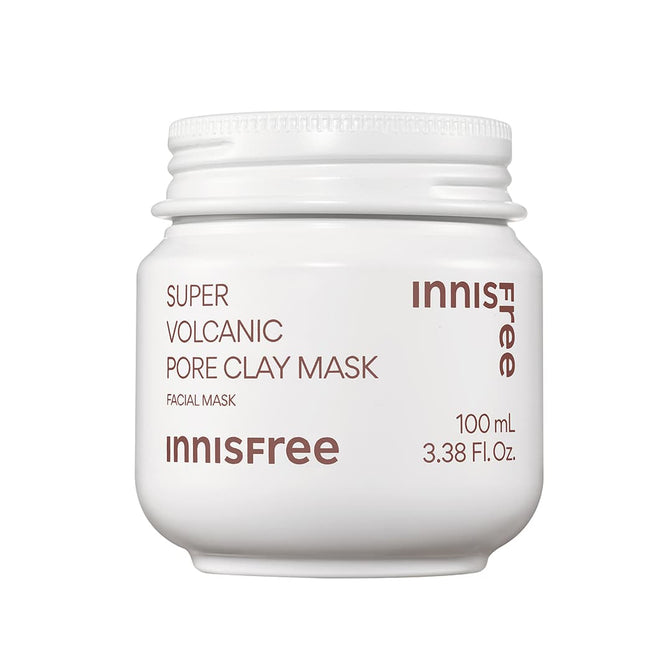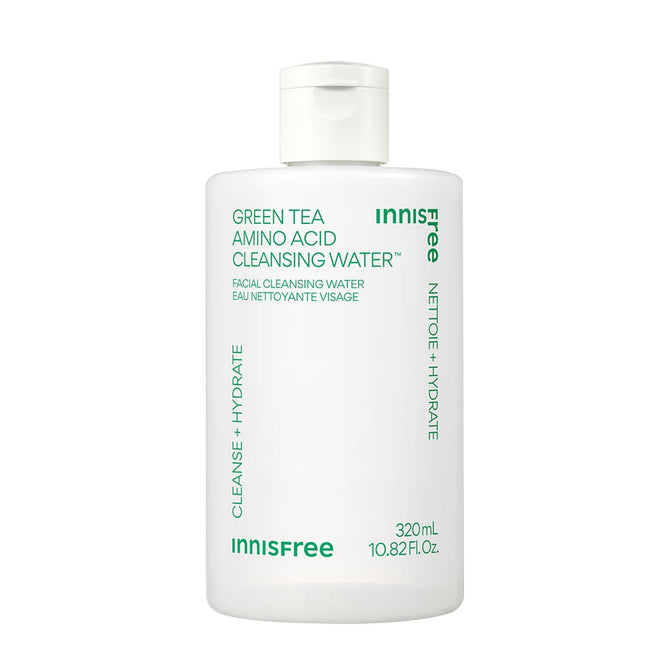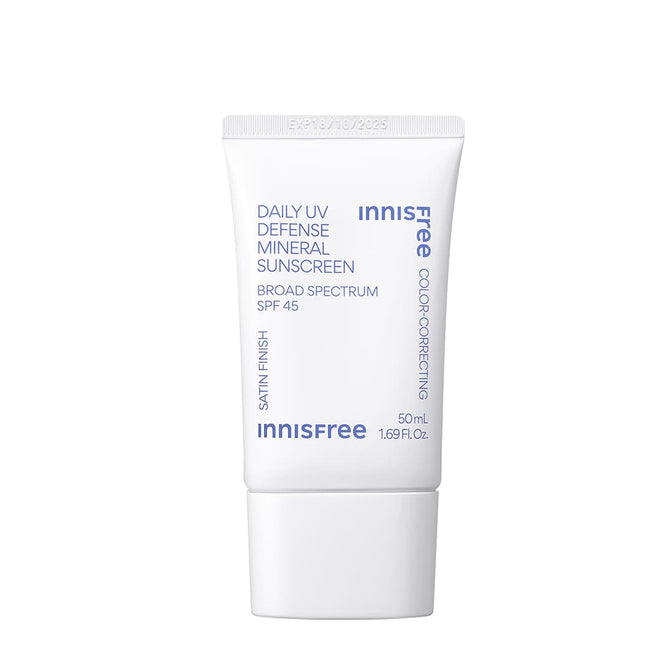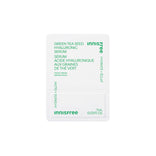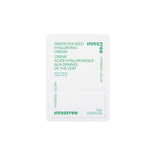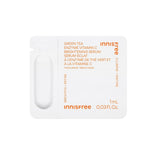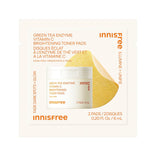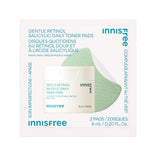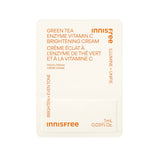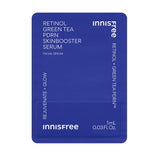ACCOUNT LOGIN / SIGNUP
Account Sign In
New to innisfree? Create your account and start earning rewards today!
Welcome back! Please sign in below to access your account and view your previous order history and earned points.
Forgot your password?
Forgot your password? Don't worry! Fill out the form below and we'll send you a link to reset your password.
Create an Account
By signing up you will automatically join our innisfree Rewards program:
- Score 100 points when you create an account!
- Earn up to 3 points for every $1 spent
- Redeem exclusive rewards + discounts
Click to view the Membership Terms.
* indicates a required field
OFFERS + REWARDS

FREE HOLIDAY SHIPPING
on orders $10+! Use code: SHIPNOW

20% OFF HOLIDAY SETS
‘Tis the season to be glowy + bright!

CHOOSE A FREE FLOWER KEYCHAIN
with a holiday gift set purchase

FREE MINI FIRM + HYDRATE DUO
with orders $65+

REWARDS MEMBERS ONLY! FREE FACIAL MASSAGER
with any order placed this month
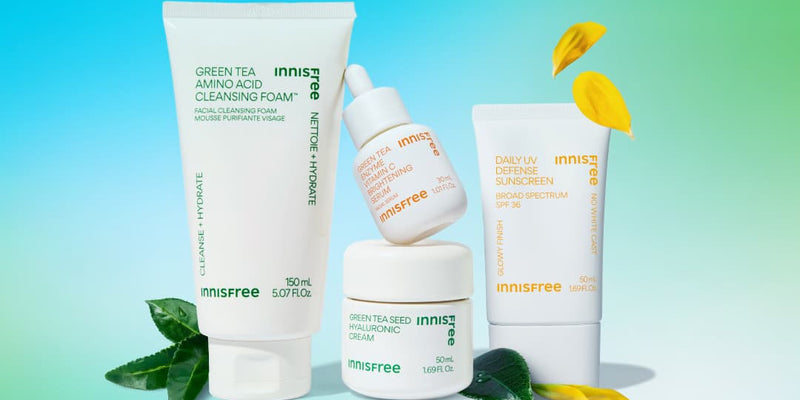
BUILD YOUR SKINCARE BUNDLE
Save 20% when you build your dream bundle
Student + Graduate Discounts Available
Daily Sun Protection
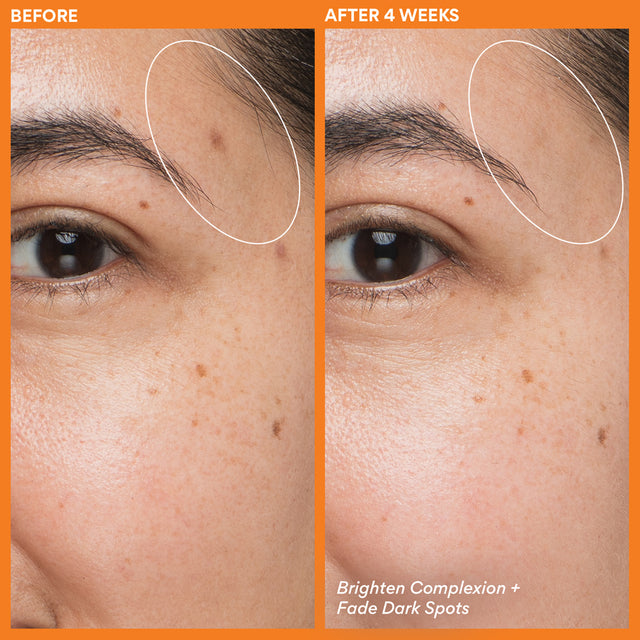
HOW IT WORKS
SHOP: Stock up hassle-free!
SCHEDULE: Pick your delivery rhythm (every 1, 2, 3, 4, or 5 months).*
SAVE: Score 10% off every repeat order with your subscription.
SHIP: Never run out of your go-tos!
*Adjust your cycle or cancel at any time prior to the next renewal date.
